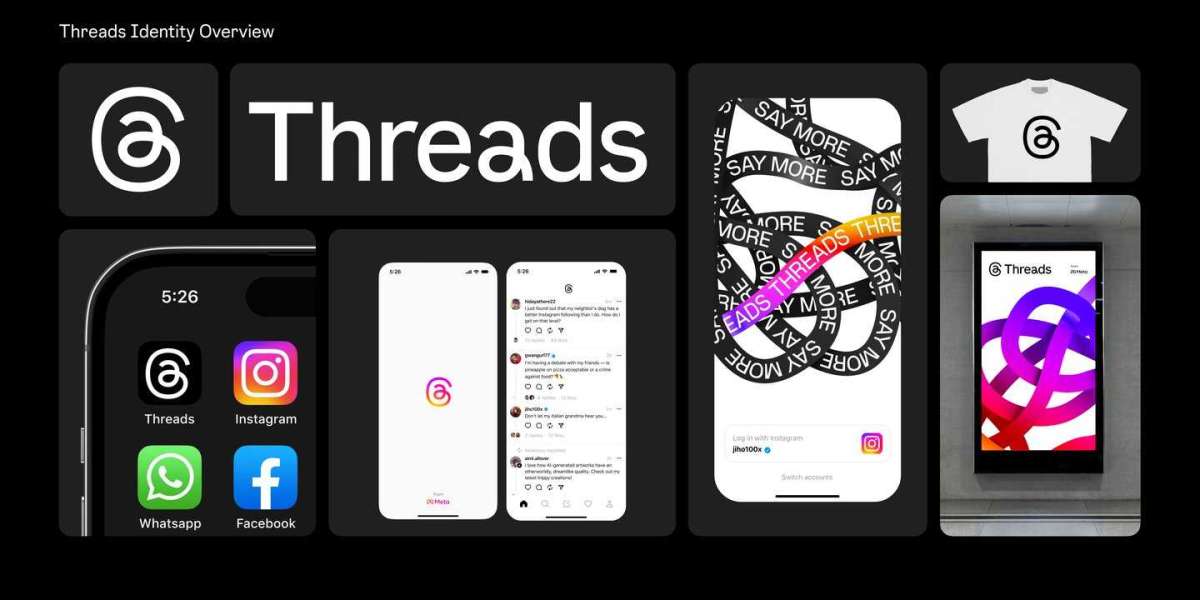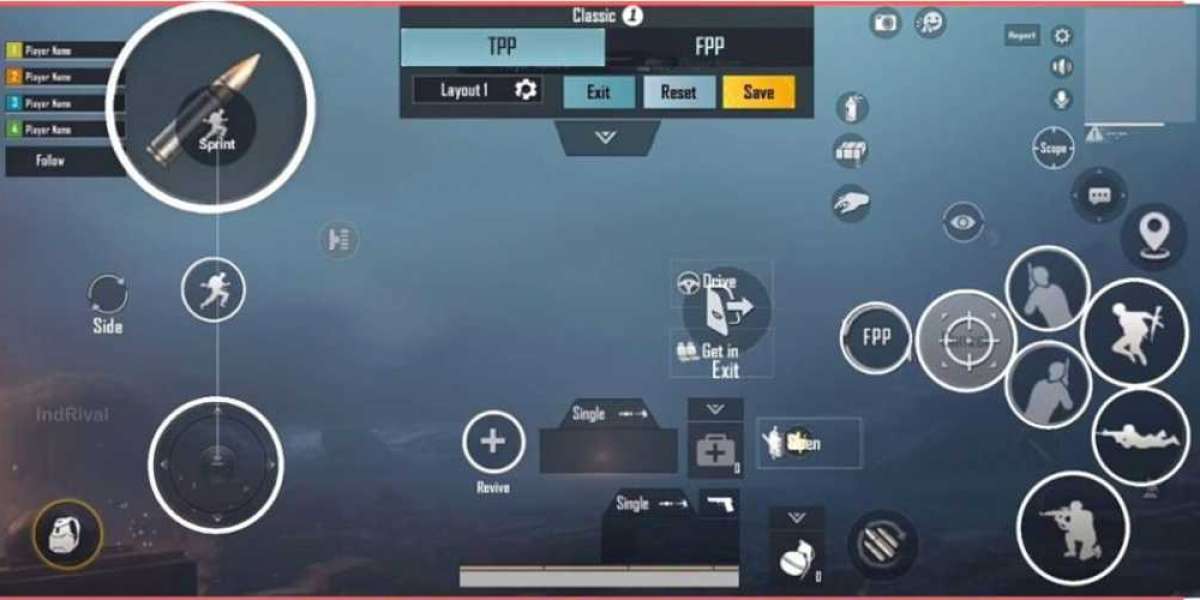The hospitality industry is experiencing an unprecedented surge! Fueled by pent-up travel demand and a newfound appreciation for human connection, hotels are on the brink of an exceptional year. However, in this competitive environment, how can your hotel not just survive, but thrive? At Emersion Wellness, we have dedicated years to helping hotels unlock their full revenue potential. In this comprehensive guide, we will reveal seven powerful strategies designed to increase hotel revenue by a staggering 37%, all backed by industry data and real-world examples.
Critical Takeaways
- Embrace Dynamic Pricing: Tailor room rates based on real-time demand to capture maximum value.
- Upselling and Cross-selling are Your Secret Weapons: Encourage guests to enhance their stay with room upgrades, spa treatments, and food beverage options.
- Craft a Compelling Brand Story: Differentiate your hotel from competitors and resonate deeply with your target audience.
- Harness the Power of Technology: Streamline operations, personalize the guest experience, and increase revenue through innovative tools.
- Cultivate a Culture of Hospitality: Empower your staff to create unforgettable guest experiences that foster loyalty.
- Embrace Strategic Partnerships: Collaborate with local businesses and travel agencies to broaden your reach and attract new guests.
- Leverage Social Media for Guest Engagement: Showcase your hotel’s unique offerings and build a loyal online community.
According to Hospitality Net, hotel profitability is projected to soar by 21.3% in 2024. Let’s ensure your hotel captures its fair share of this growth!
Strategies to Increase Hotel Revenue: The Art of Charging What Your Rooms Are Worth
Gone are the days of fixed room rates. Dynamic pricing allows hotels to adjust room rates based on demand, seasonality, and competitor pricing. Picture a major sporting event happening in your city. With dynamic pricing, you can capitalize on the increased demand and set premium prices for your rooms during that time.
Benefits of Dynamic Pricing
- Increased Revenue: Capture the total value of your rooms during peak seasons and special events.
- Reduced Vacancy Rates: Offer competitive rates during slower periods to minimize empty rooms.
- Improved Profitability: Optimize room rates to maximize your hotel's overall profitability.
Implementing Dynamic Pricing
To start leveraging dynamic pricing, consider the following steps:
- Invest in a Revenue Management System (RMS): This software gathers data and assists you in setting optimal room rates.
- Analyze Market Trends: Stay updated on local events, competitor pricing, and seasonal demand fluctuations.
- Monitor Occupancy Rates: Keep an eye on your occupancy rates to identify periods for potential price adjustments.
- Set Pricing Rules: Define your pricing strategy within your RMS, factoring in minimum and maximum rates.
Real-World Example: The Beachfront Resort
Consider a beachfront resort with breathtaking ocean views. During the summer peak season, the resort implements dynamic pricing, charging a premium for rooms with balconies. In contrast, during the off-season, they offer discounted rates to attract guests, ensuring higher occupancy and consistent revenue flow.
Beyond the Basics: Advanced Dynamic Pricing Techniques
As you become more experienced, explore advanced dynamic pricing techniques such as:
- Minimum Length of Stay (MLOS) Rules: Encourage longer stays during off-peak periods by offering discounts for multi-night bookings.
- Last-Minute Deals: Fill empty rooms at the last moment with attractive discounts.
- Package Deals: Combine room rates with spa treatments, meals, or activities to create enticing packages that incentivize bookings.
The Upselling and Cross-selling Dance: Boosting Guest Spend without Breaking the Bank
Upselling and cross-selling are powerful techniques to increase guest spending without the need for extensive marketing efforts.
- Upselling: Encourage guests to upgrade to a room with better views, additional amenities, or larger sizes.
- Cross-selling: Suggest complementary services or products, such as spa treatments, in-room dining, or tickets to local attractions.
Strategies to Increase Hotel Revenue: The Art of the Upsell
The key to successful upselling lies in personalization and timing. Here’s how to create effective upselling opportunities:
- Gather Guest Preferences: During booking or check-in, inquire about preferences like celebration occasions or travel purposes (business vs. leisure). This allows you to tailor your suggestions.
- Highlight the Value Proposition: Communicate the added benefits of upgraded rooms, such as luxurious amenities or exclusive access to hotel facilities.
- Offer Limited-Time Promotions: Create urgency with special upgrade offers or discounts available only at check-in.
Cross-selling Magic: Weaving a Web of Enticing Options
Cross-selling involves strategically suggesting services or products that enhance the guest experience:
- Train Your Staff: Equip your front desk staff and concierges with the skills to recommend add-on services effectively.
- Go Beyond the Obvious: Explore unique options, such as exclusive dining experiences or curated welcome baskets featuring local products.
- Leverage Technology: Utilize guest messaging platforms to send targeted promotions based on guest profiles.
Real-World Example: The City Stay
Imagine a boutique hotel in a bustling downtown area. During check-in, the staff recognizes a guest celebrating a birthday and suggests an upgrade to a city-view room, perfect for a special evening. Additionally, they recommend a couples massage at the hotel’s spa, creating an unforgettable birthday experience.
The Psychology of Upselling and Cross-selling: Building Trust and Value
The goal is to enhance the guest experience, not merely increase their bill. By providing genuine recommendations and highlighting the added value of upgrades or services, you build trust with guests, encouraging them to spend more confidently.
Crafting a Compelling Brand Story: The Heart and Soul of Your Hotel
In today’s competitive landscape, a captivating brand story is essential. Your brand story differentiates you from the competition and resonates with your target audience on an emotional level. It shapes the unique experiences you offer and fosters connections with your guests.
Finding Your Brand Story's Core
- Identify Your Unique Selling Proposition (USP): Determine what sets your hotel apart. Is it historic architecture, sustainability, or exceptional service?
- Embrace Your Local Connection: Highlight your hotel’s role within the community. Are you situated in a vibrant arts district or near stunning natural attractions? Incorporate this context into your brand narrative.
- Craft a Compelling Narrative: Develop a story that resonates emotionally. For instance, a family-friendly hotel might focus on creating lasting memories for families.
Read Also: 5 Essential Hotel Security Tips to Maximize Revenue
Bringing Your Brand Story to Life
Once you have your brand story, share it across various channels:
- Website: Make your brand story the centerpiece of your website through compelling visuals and engaging content.
- Social Media: Utilize social media platforms to share stories, photos, and videos that reflect your brand identity.
- Guest Interactions: Train staff to weave the brand story into every guest interaction, enhancing the overall experience.
The Power of Authenticity in Strategies to Increase Hotel Revenue
Your brand story should be genuine and authentic. Real stories resonate with people, so let your hotel’s unique personality shine.
Real-World Example: The Historical Gem
Consider a hotel housed in a beautifully restored historic building. Their brand story emphasizes preserving heritage while offering modern amenities. This narrative is showcased on their website and shared by staff with guests, creating a memorable experience.
Harnessing the Power of Technology: Streamlining Operations and Enchanting Guests
In today’s hospitality landscape, technology is a critical driver of success. Innovative tools can streamline operations, personalize guest experiences, and boost revenue.
Tech Tools as Strategies to Increase Hotel Revenue: Seamless Guest Journey
- Mobile Check-in/Checkout: Allow guests to bypass the front desk with convenient mobile options.
- Guest Messaging Platforms: Facilitate real-time communication, enabling guests to request amenities or ask questions easily.
- Self-service Kiosks: Provide kiosks for guests to access information and order room service, enhancing guest autonomy.
- Digital Signage: Use digital displays to share hotel information, promotions, or local recommendations.
Personalization Through Technology
Leverage technology to create personalized guest experiences. Guest preference platforms allow guests to tailor their stay before arrival. Additionally, utilize data to send targeted promotions for spa treatments or local activities.
Revenue Management Systems (RMS)
An RMS is a game-changer, analyzing market trends and competitor pricing to help set optimal rates and maximize revenue.
Real-World Example: The Tech-Savvy Hotel
A modern hotel leverages technology to enhance guest experiences, offering mobile check-in and in-room tablets for controlling lighting and temperature. This blend of convenience and personalization creates a truly guest-centric experience.
Cultivating a Culture of Hospitality: Where Service Meets Experience
In hospitality, service is not merely a function; it’s an art form. Cultivating a culture of genuine hospitality ensures that every guest feels valued and cared for.
Empowering Your Staff: The Pillars of Exceptional Service
Your staff is the heart of your hotel’s service culture. Here’s how to empower them:
- Invest in Training: Equip staff with the knowledge and confidence to handle inquiries and resolve issues effectively.
- Recognize and Reward: Celebrate outstanding service to foster a culture of appreciation.
- Empower Decision-Making: Allow staff to make on-the-spot decisions to personalize guest experiences.
Exceeding Expectations: The Art of the Small Touch
Sometimes, the most impactful strategies are the simplest:
- Personalized Welcome Amenities: Surprise guests with thoughtful amenities tailored to their preferences.
- Anticipate Needs: Train staff to foresee guest needs before they arise, enhancing their overall experience.
- Embrace Local Recommendations: Encourage staff to suggest hidden gems and local favorites, showcasing their knowledge of the area.
Also Read: Unveiling the Secrets: A Comprehensive Guide to Resort Weight Loss Program Pricing
The Power of Feedback: A Continuous Improvement Journey
Actively seek guest feedback to identify areas for improvement. Encourage reviews and maintain open communication channels for feedback.
Real-World Example: The Service Stars
A boutique hotel is renowned for its exceptional service culture. Staff are extensively trained to exceed expectations, with personalized welcome amenities and an emphasis on guest feedback to continuously refine their offerings.
Conclusion: A Symphony of Strategies to Increase Hotel Revenue Growth
Increasing hotel revenue involves a harmonious interplay of strategies. By implementing the methods outlined in this guide, you can unlock new revenue streams, elevate guest experiences, and position your hotel for long-term success. Focus on exceeding guest expectations, fostering a culture of genuine service, and showcasing the unique value proposition of your hotel. This approach will not only boost your bottom line but also cultivate a loyal guest base that returns time and again.



